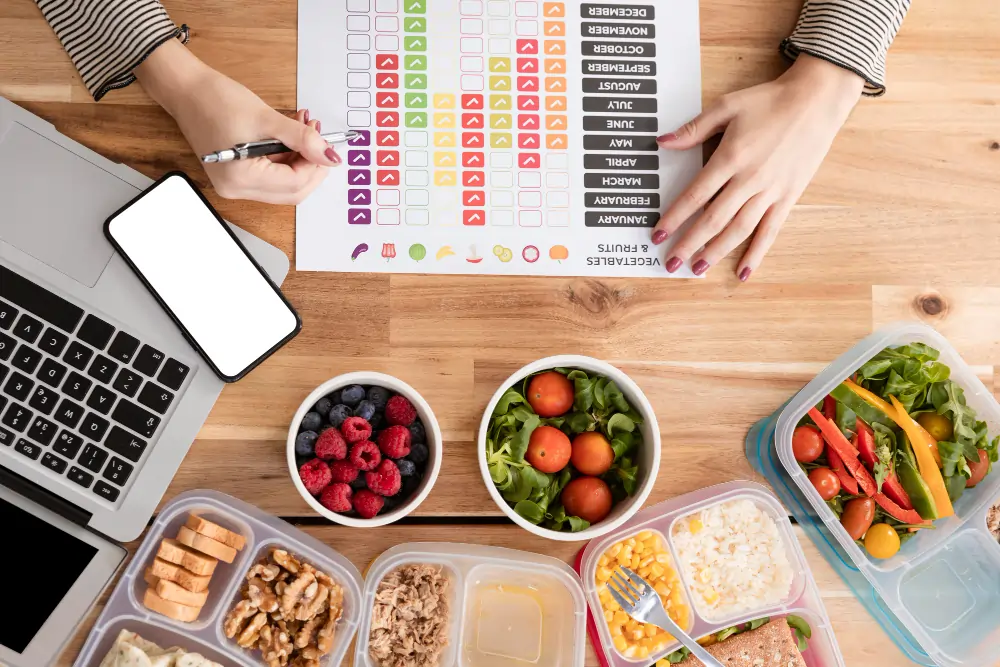
Meal Prep Basics: How to Save Time and Eat Well
In our busy lives, finding time for healthy cooking can seem overwhelming. That’s where meal prepping comes in—a straightforward approach that helps you save time, reduce stress, and maintain a nutritious diet. In this post, we’ll cover the essentials of meal prep and provide tips to kickstart your healthy eating journey.
What is Meal Prepping?
Meal prepping means preparing meals or parts of meals ahead of time, usually for the week to come. This can involve chopping veggies, cooking grains, marinating proteins, or assembling full meals. The objective is to simplify your cooking routine, making it easier to enjoy healthy meals.
Benefits of Meal Prepping
- Time Efficiency: Spending a few hours on the weekend to prep can save you valuable time during the week.
- Healthier Choices: Having ready-made meals helps you avoid unhealthy takeout or processed snacks.
- Reduced Food Waste: Meal prep encourages you to use ingredients effectively, cutting down on waste and saving money.
- Portion Management: Prepping meals in advance helps you control portion sizes, which is vital for a balanced diet.
Getting Started with Meal Prep
- Plan Your Meals:
- Choose nutritious, easy-to-make recipes that can be prepared in larger quantities. Think about your week ahead—do you need quick lunches or dinners that reheat well?
- Create a Grocery List:
- Based on your meal plan, draft a detailed grocery list focused on whole foods—fruits, vegetables, lean proteins, whole grains, and healthy fats.
- Set a Meal Prep Day:
- Pick a specific day each week for meal prepping. Sundays are popular, but choose a day that works best for you.
- Batch Cooking:
- Cook large portions of grains (like quinoa or brown rice), proteins (like chicken, tofu, or beans), and veggies. Roasting or steaming a variety of vegetables adds both flavor and nutrition.
- Assemble Your Meals:
- Once everything is cooked and cooled, portion out meals into containers. This could be for individual lunches, dinners, or snacks.
- Label and Store:
- Label containers with meal names and dates. Store them in the fridge for easy access, and freeze some meals for later use.
Quick Meal Prep Ideas
- Overnight Oats: Make several jars with different toppings for quick breakfasts.
- Salad Jars: Layer ingredients in jars for portable, fresh lunches.
- Stir-Fry Packs: Chop and store vegetables and proteins for quick stir-fry meals.
Tips for Successful Meal Prepping
- Start Small: If you’re new to meal prepping, begin with just a few meals each week. As you grow more comfortable, you can expand your efforts.
- Stay Flexible: Be prepared to adjust your plans as needed. It’s okay to swap meals or get creative with leftovers.
- Experiment: Try out new recipes and flavors to keep things exciting. Variety will help you stay motivated in your meal prep routine.
Conclusion
Meal prepping can transform your approach to healthy eating, making it easier and more convenient. With a little planning and effort, you can set yourself up for success each week. So grab those containers, plan your meals, and take the first step toward a healthier, more organized lifestyle. Happy prepping!
